GALEN A. McKINLEY
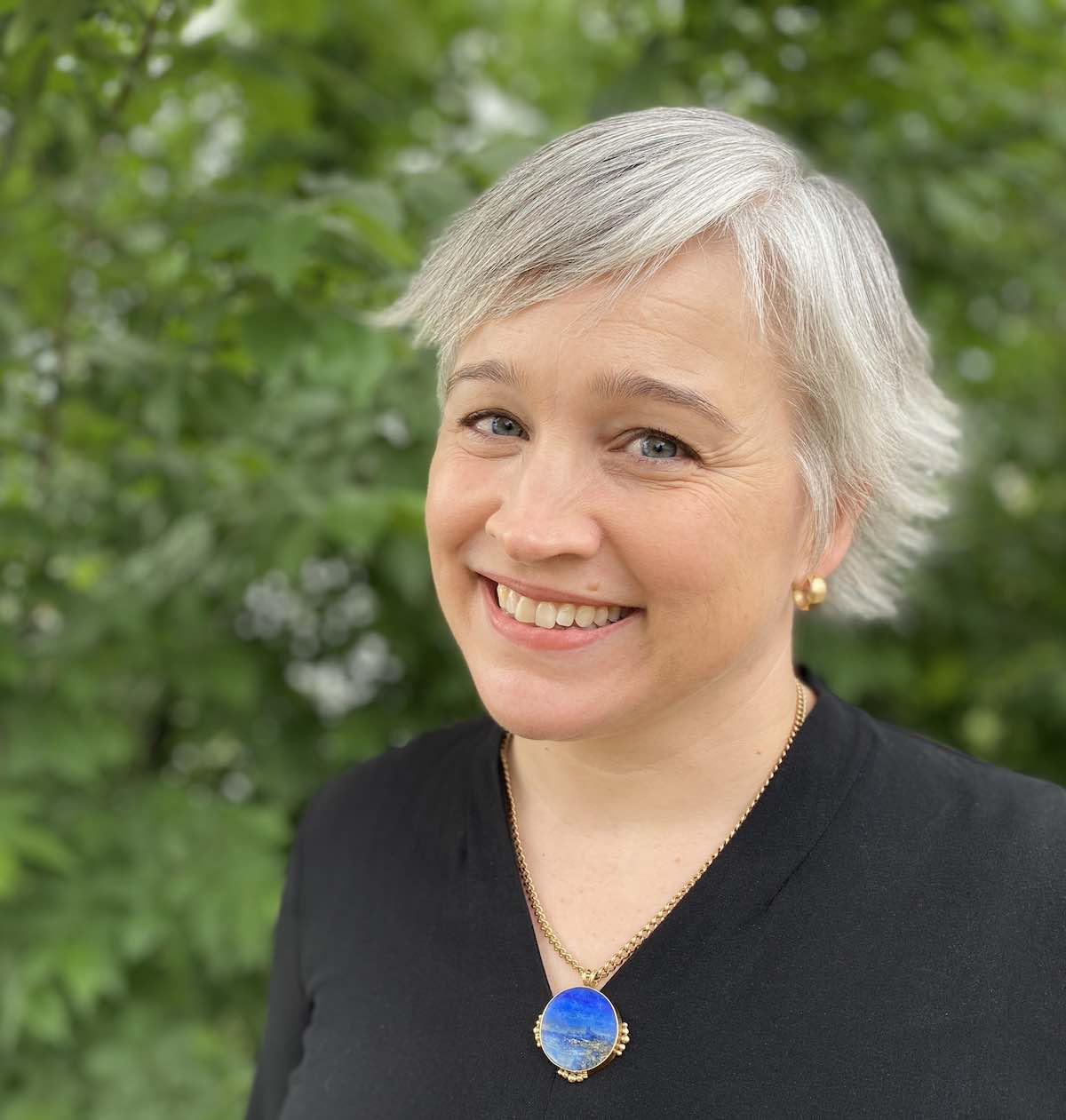
Dr. Galen McKinley is Professor of Earth and Environmental Sciences at Columbia University and Lamont Doherty Earth Observatory; and holds an affiliate faculty appointment in Earth and Environmental Engineering. From 2021-2023, she was Deputy Director of the LEAP Science Technology Center. Galen is an ocean, carbon cycle and climate scientist. Her work addresses the present-day and future mechanisms of carbon cycle, biogeochemical, and physical variability and change in the global ocean, the North Atlantic, and the Great Lakes.
Prior to coming to Columbia, Galen was Professor of Atmospheric and Oceanic Sciences at University of Wisconsin - Madison (2004-2017). She received her PhD in Climate Physics and Chemistry from MIT, and her BS in Civil Engineering from Rice University. Her postdoctoral work was at Princeton University and the Instituto Nacional de Ecologia in Mexico. You can see her full CV here.
The best way to contact Professor McKinley is via email (mckinley at ldeo.columbia.edu).
AMANDA FAY
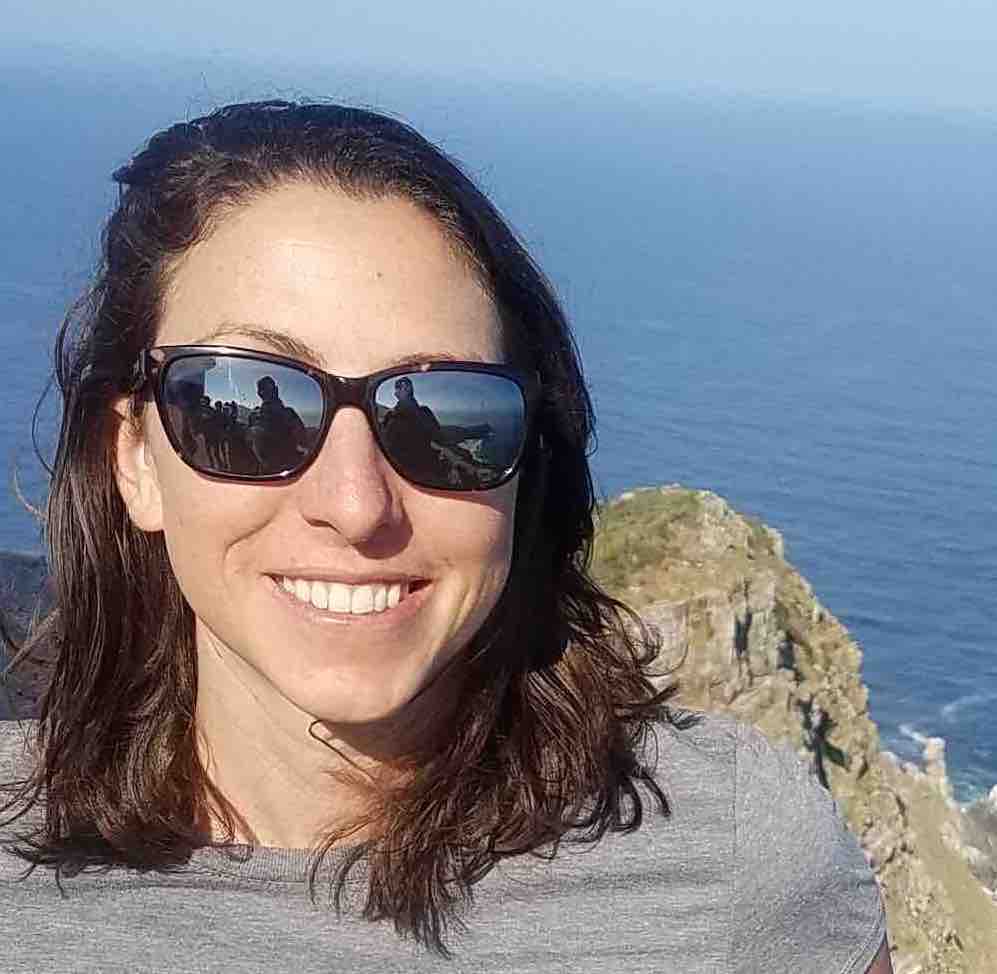
Amanda’s research centers on the study of patterns of air-sea CO2 exchange in open ocean environments to better understand natural variability and long-term trends in ocean carbon. Specifically, she is interested in using interdisciplinary approaches to explore how physical and biological mechanisms drive variations in ocean carbon chemistry across time and space. She received her Masters of Science in 2010 at the University of Wisconsin-Madison in Atmospheric and Oceanic Sciences. Since 2011 she has been working as a researcher in the McKinley group, first at the University of Wisconsin and now at Columbia University. Additionally, she has participated in multiple GO-SHIP cruises as both a CTD-watchstander and an LADCP operator. Check out her website and cruise blog.
THEA HATLEN HEIMDAL
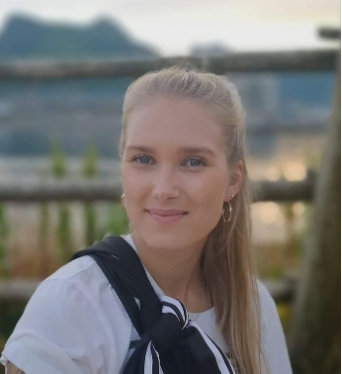
Thea is a associate research scientist in the McKinley group. She is improving current estimates of global air-sea CO2 fluxes using observations, models and machine learning. She received her PhD in 2018 from the Centre for Earth Evolution and Dynamics (CEED) at the University of Oslo (UiO). Before becoming a member of the McKinley group she was a postdoctoral researcher at UiO focusing on the long-term carbon cycle, paleoclimate and carbon release from Large Igneous Provinces.
LAUREN MOSELEY
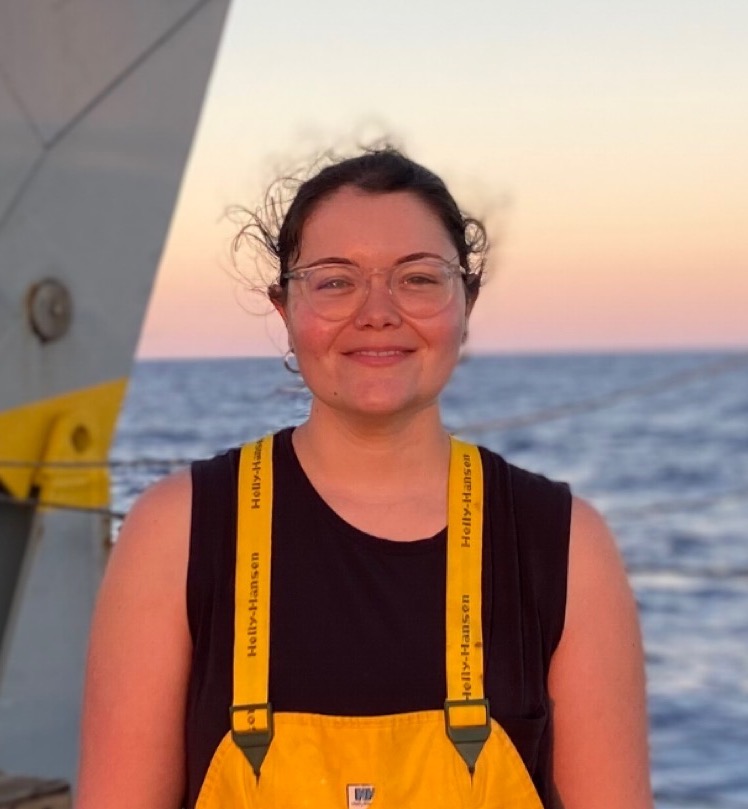
Lauren defended her PhD at Columbia in the McKinley group in September 2024 and is continuing as a postdoc until early 2025. She is combining ocean models with in situ & satellite observations to better understand the uptake and circulation of carbon and oxygen in the North Atlantic Ocean. She is also passionate about advancing DEI in the geosciences and co-founded the first graduate seminar on race, climate change, and environmental justice in her department. She received her BA in chemistry and Arabic studies from Williams College in 2016.
CE BIAN
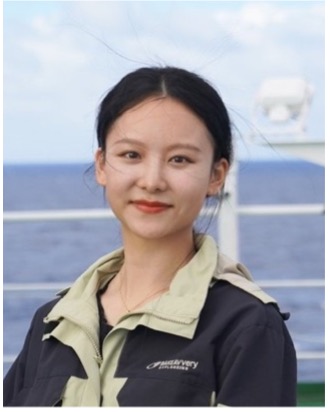
Bian is a postdoctoral researcher in the McKinley Group. Her research focuses on understanding how the Atlantic Meridional Overturning Circulation (AMOC) influences the transport and storage of human-produced carbon (Cant) in the North Atlantic, using observational data and Earth System Models. She explores how various physical processes contribute to changes in the ocean carbon sink, and how these processes may evolve under global warming. Bian received her PhD in Ocean and Atmospheric Sciences from Ocean University of China. Prior to joining the McKinley Group, she researched the mechanisms behind extreme heat events, such as marine heatwaves and atmospheric heatwaves, and their responses to climate change.
ABBY SHAUM
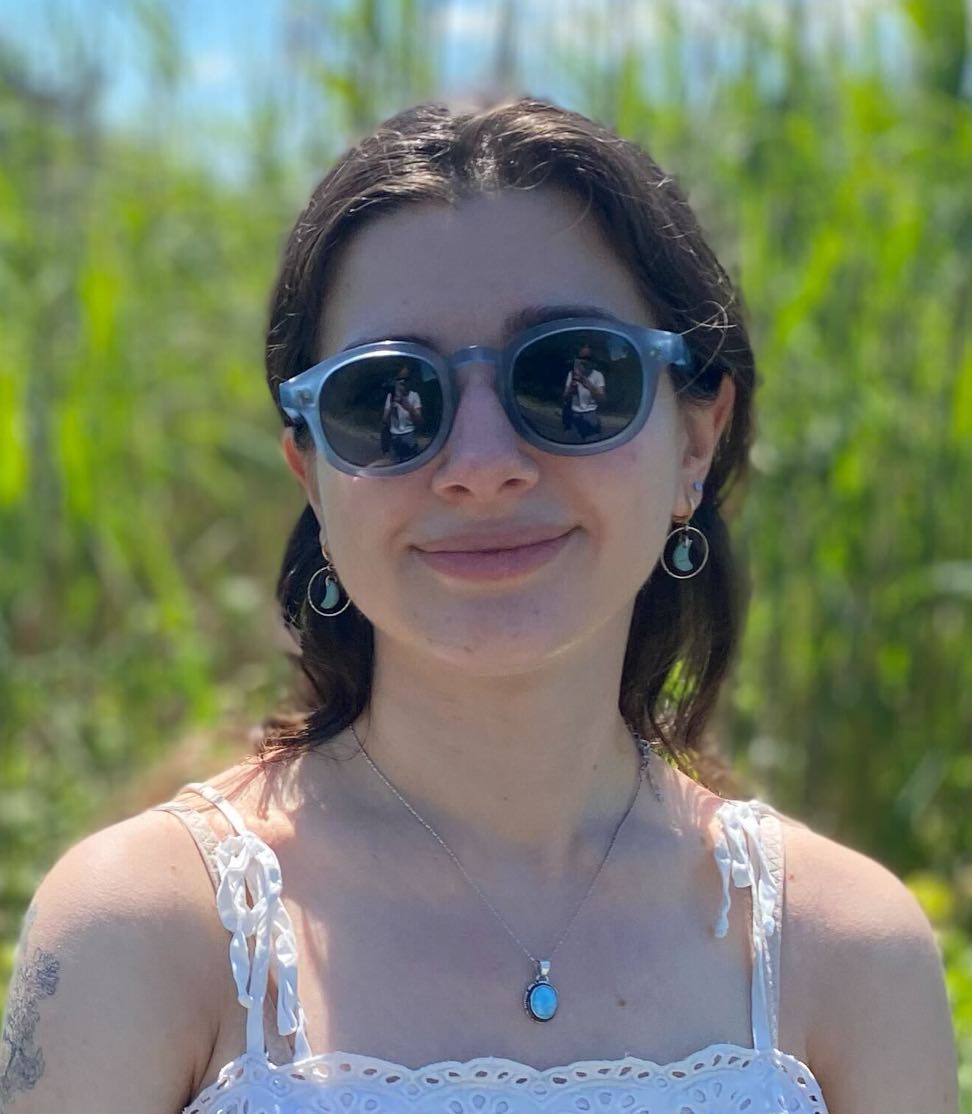
Abby is a staff associate in the McKinley Ocean Carbon Group. She is working on adapting and expanding the group’s fCO2 products, as well as making the group’s code and data reproducible and publicly accessible. She received her BA in Physics with a minor in Astronomy from NYU in 2020. Before joining the McKinley OCG, she worked on astronomical spectrometer software used to discover exoplanets.
AMELIE SHARPLES
Amelie is a Columbia College senior majoring in astrophysics and computer science.
McKinley Group Professional Guidelines
These guidelines explain how we work together in the McKinley group.
Note to Prospective Students from Professor McKinley
I am glad to discuss graduate school opportunities with students interested in using quantitative methods to learn about ocean physical and biogeochemical processes, and the resulting impacts on the global carbon cycle. Reading this website and checking out some of our publications are the best introductions to our scientific questions and our research tools. Please check these out and then contact me with you questions.
Former group members at Columbia / LDEO
Val Bennington was a postdoctoral scholar in the McKinley group in 2020-2022, during which time she used observations of ocean carbon chemistry and data science techniques to quantify the global ocean carbon sink and its variability. Her scientific interests include using both data and modeling approaches to ocean and Great Lake physics and biogeochemistry. She received her Ph.D. in 2010 at the University of Wisconsin-Madison in Atmospheric and Oceanic Sciences, and then worked in science and in software development. Val is now employed at Makai Ocean Engineering in Hawaii.
Sean Ridge received his PhD in May 2020. His thesis focused on mechanisms of change in the ocean carbon sink in the North Atlantic and global oceans, both now and in the future. In his work, he used range of models from idealized models to Earth system models, as well as in situ data analysis. Sean is passionate about open source software as an approach to tackle big data problems in earth science. He is now a Senior Data Scientist at Sunairio.
Luke Gloege received his PhD in March 2020. His thesis research focused on understanding spatial patterns of pCO2 and CO2 fluxes across the global oceans. He used computer models, satellite data, in-situ observations, and data science techniques in his work. Check out his webpage
Raphael Dussin was with the McKinley group from 2018-2019, working on model development and computational tools. Check out his GitHub user page. He is now in the Ocean and Cryosphere Division at NOAA GFDL.
Former undergraduate and graduate interns at Columbia
MASTERS STUDENTS
Junfu Su (MS Data Science 2024)
Devan Samant (MS Data Science 2023)
Tomislav Galjanic (MS Data Science 2021)
Aditya Koduri (MS Data Science 2021)
Jake Stamell (MS Data Science 2020)
Monica Yang (MS Data Science 2019)
UNDERGRADUATE STUDENTS
Rea Rustagi (BS Columbia 2023)
Former group members at U. Wisconsin - Madison
GRADUATE STUDENTS
Collin Tuttle (MS AOS 2018)
Sean Ridge (MS AOS 2017, PhD Columbia 2020)
Lucas Gloege (MS AOS 2017, PhD Columbia 2020)
Darren Pilcher (PhD AOS 2015)
Haidi Chen (PhD AOS 2015)
Alexis Ritzer (MS AOS 2014)
Jennifer Phillips (MS Envi. & Resources 2012)
Jesse Roberts (MS AOS 2012)
Amanda Fay (MS AOS 2010)
Valerie Bennington (PhD AOS 2010)
David Ullman (MS AOS 2008, PhD Geoscience 2013)
UNDERGRADUATE STUDENTS
Gabriela Negrete Garcia (BS Chemistry 2017, PhD Scripps/UCSD 2023)
James Kralj (BS Microbiology 2015)
Melissa Breeden (BS AOS 2013, PhD AOS 2018)
Victoria Vasys (BS AOS 2010)
Jennifer Koch (BS AOS 2008)